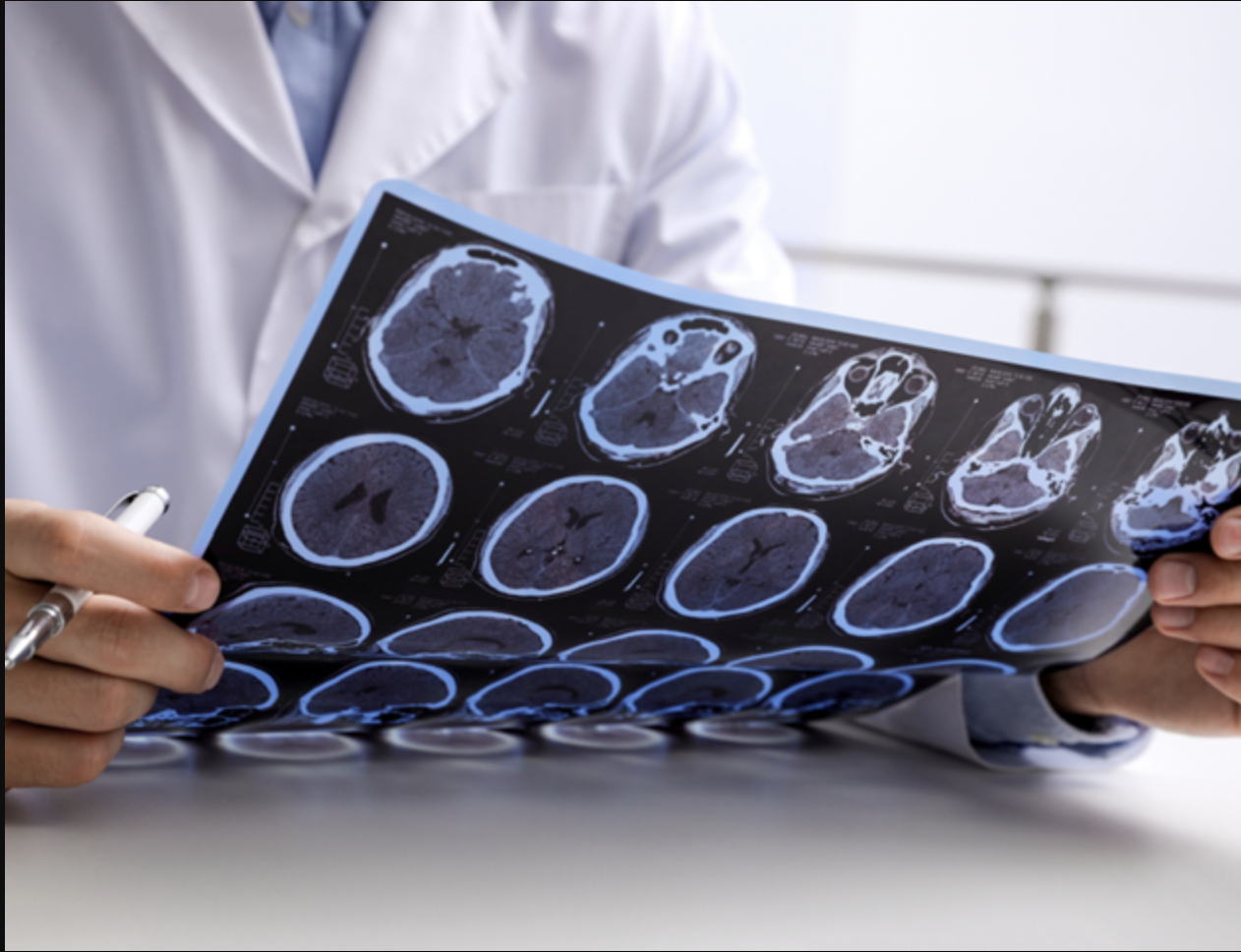Critical Role of MRI in Car Accidents
Book your No-Fault Medical Appointment
The Critical Role of Brain MRI After a Car Accident: Medical Insight and Legal Leverage
A car accident can leave more than visible injuries. Even in the absence of fractures or bleeding, trauma to the head and brain can cause long-lasting effects—headaches, dizziness, memory loss, mood changes, and cognitive issues. These symptoms often point to an invisible injury: a traumatic brain injury (TBI), concussion, or intracranial trauma. That’s where a Brain MRI (Magnetic Resonance Imaging) becomes essential.
Why a Brain MRI Is So Important After a Car Crash
Unlike X-rays or CT scans, MRIs provide high-resolution images of the brain’s soft tissues, making it possible to detect:
-
Micro-hemorrhages (tiny bleeds)
-
Swelling or edema
-
Lesions from trauma
-
White matter changes
-
Signs of concussion or post-concussive syndrome
These injuries may not be apparent on initial exams, but they can have a profound impact on a patient’s quality of life. An early brain MRI ensures no internal damage is overlooked, helping neurologists create a comprehensive treatment plan.
How Brain MRIs Help in Personal Injury Claims
For personal injury attorneys, objective diagnostic evidence is critical. Insurance companies often challenge soft-tissue or non-visible injuries unless documented through imaging.
Here’s how a brain MRI can support a claim:
Objective Proof of Injury
An MRI creates a permanent, indisputable medical record that shows damage. This makes it difficult for insurers to dismiss claims based on “lack of evidence.”
Validates Ongoing Symptoms
If a patient complains of headaches, vision problems, memory issues, or sleep disruption, the MRI results can validate these complaints with visual proof of brain trauma.
Strengthens Reimbursement and Settlement Value
Attorneys can present MRI findings to justify higher compensation for:
-
Medical expenses
-
Future care needs
-
Pain and suffering
-
Lost income or earning capacity
Supports Expert Medical Testimony
Neurospecialists and radiologists can utilize MRI data to provide credible testimony in court or arbitration, thereby further reinforcing the legitimacy of the claim.
The Legal-Medical Partnership: Clinics and Attorneys Working Together
At facilities like 14 Street Medical, patients receive not just diagnostic imaging but a full spectrum of specialty care, including neurology, pain management, orthopedics, and physical therapy. This coordinated approach ensures:
-
Imaging is clinically justified and properly documented
-
Medical records are complete and compliant for legal use
-
Personal injury attorneys receive organized, thorough documentation for reimbursement claims
Best of all, these services are provided at no cost to the patient under No-Fault insurance or an attorney's lien, depending on the case circumstances.
Conclusion: Peace of Mind for Patients and Power for Legal Claims
If you or a client has been in a car accident—even one that seemed minor—don’t ignore signs of a head injury. A brain MRI could be the key to both proper treatment and a successful injury claim. By working with an experienced medical team that understands the legal system, patients and attorneys can ensure that injuries are not only treated but also validated and reimbursed.




